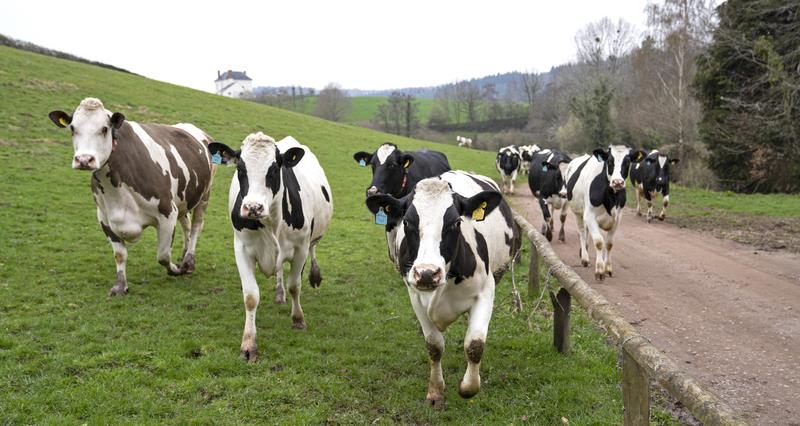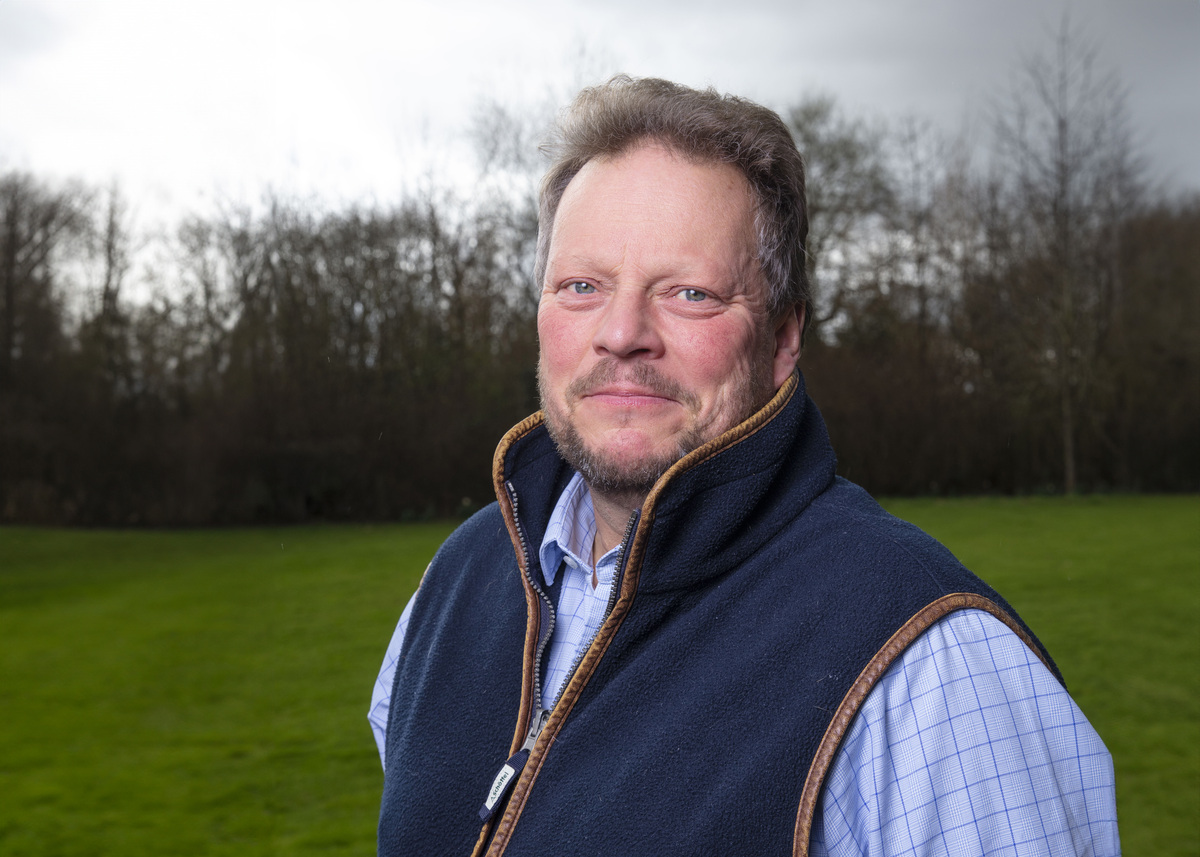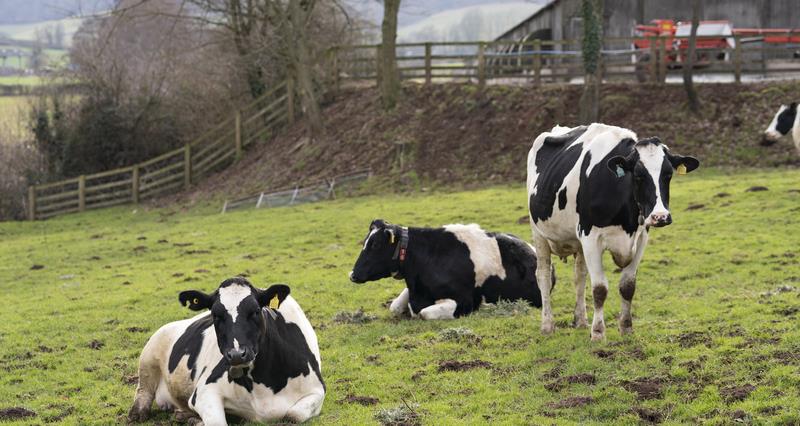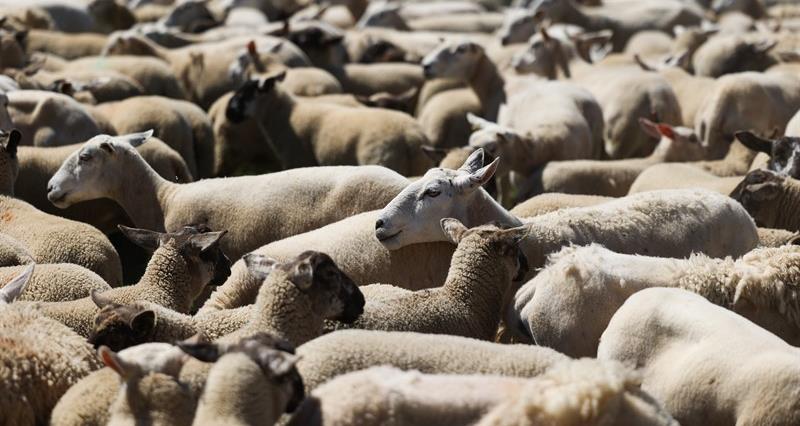The Netherlands have authorised a vaccine for bluetongue virus serotype 3 (BTV-3) through an accelerated procedure.
Produced by Spanish pharmaceutical company, Syva, the vaccine has been tested for safe use in female sheep, with an assumption extended that it would also be safe to be used in cattle. These safety tests have informed its emergency authorisation for use on sheep and cattle in the Netherlands after more than 6,000 cases of BTV-3 in 2023.
Multifaceted impact
The vaccine comes as welcome relief to Dutch producers. The outbreaks decimated the industry, with the Netherlands losing around 5% of its sheep population due to infection with BTV-3.
Although mortality rates are lower in cattle, it is estimated that 0.2% of the Dutch cattle population died from infection.
The disease also causes tongue and mucous membranes lesions, causing problems with swallowing, lameness and stiffness with swollen legs affecting animal welfare and a reduction in milk yields.
“As this is a very new vaccine, there are still questions to be answered – not least about the cost of the vaccine, how it will be rolled out, and what support the government can offer to get it deployed quickly and efficiently.”
NFU Livestock Board chair David Barton
Bluetongue financially impacted many businesses and caused great emotional turmoil for farmers.
While there have been no cases of BTV-3 reported in the Netherlands in winter when midge activity is low, the Dutch authorities expect a large-scale clinical outbreak at the end of June or the beginning of July.
Hope for UK farmers
NFU Livestock Board chair David Barton said: “It’s good to hear that a vaccine for BTV-3 has been authorised for use in the Netherlands and we anticipate it being available for use in the UK once authorised. This disease has had a devastating impact in the Netherlands and UK livestock farmers will be anxious to protect their livestock as the weather gets warmer.
“As this is very new vaccine, there are still questions to be answered – not least about the cost of the vaccine, how it will be rolled out, and what support the government can offer to get it deployed quickly and efficiently.”
Dutch rollout plans
Following approval via an emergency authorisation procedure, a total of two million doses will be available to farmers by the end of April. Sheep will require one dose, and cattle two doses administered three weeks apart. Animals will be protected approximately 28 days after vaccination, though the duration of immunity is yet to be determined.
“It’s good to hear that a vaccine for BTV-3 has been authorised for use in the Netherlands and we anticipate it being available for use in the UK once authorised.”
NFU Livestock Board chair David Barton
With the Netherland’s one million strong sheep and almost four million-strong cattle herds, the two million vaccines will not be enough to vaccinate all animals. However, more doses are expected to be available over the coming months, in addition to other vaccines which may gain market approval.
Collaboration across the industry
Veterinarians in the Netherlands can now purchase vaccines directly. Farmers who want to vaccinate their animals can gain access to vaccines via their veterinarians. The strategy to vaccinate and protect animals has been drawn up in collaboration with the industry with the help of vets and experts.
While the vaccine offers promising prospects for the industry, uncertainties persist, particularly around the cost of the vaccine. The Dutch Government outline that the prices are competitive, but farmers will be responsible for covering vaccine procurement and administration expenses through their veterinarian.
In addition to the cases of BTV-3 reported in the Netherlands, cases were also reported in Belgium and Germany. Discussions are ongoing with farmers organisations and governments to determine if there are plans to authorise the vaccine in those countries.
Belgian authorities have authorised the use of the Syva BTV-3 vaccine, while the Netherlands has authorised a second vaccine via an emergency procedure.



